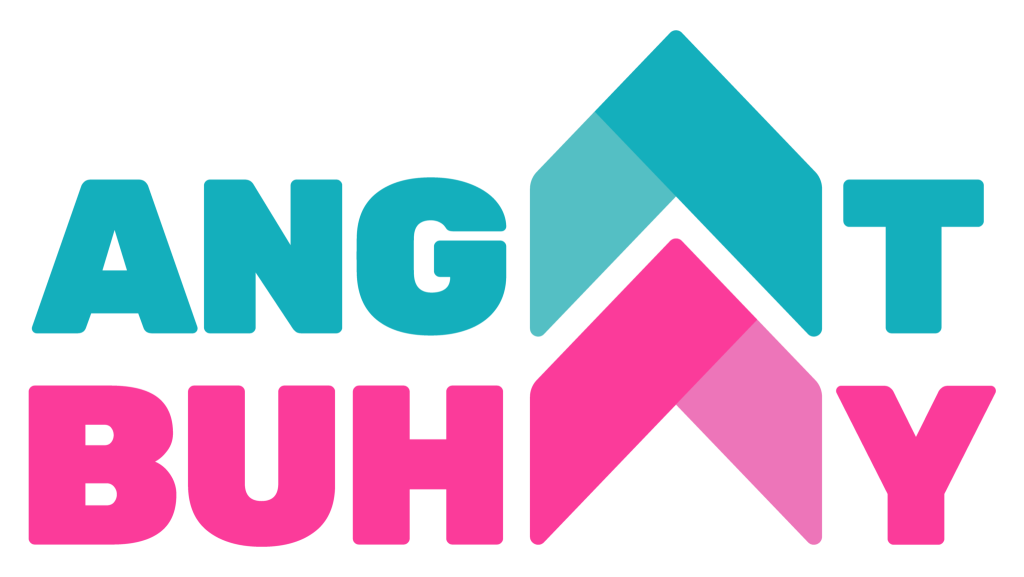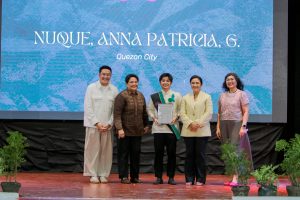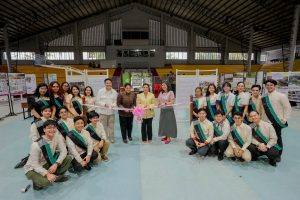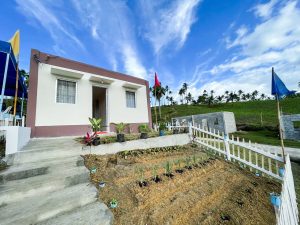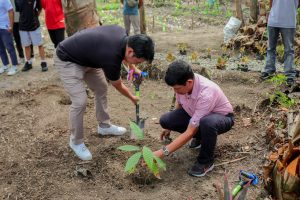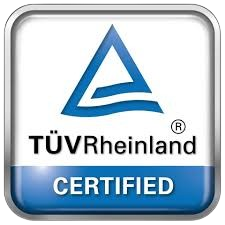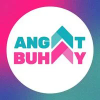In Pasig City, the seeds of the Bayan Ko, Titser Ko (BKTK) Program were planted even before its formal launch in School Year 2024–2025. During the height of the pandemic, the Pasig Community Learning Hub (CLH) was established in partnership with the Office of the Vice President Leni Robredo to address learning gaps caused by distance education. What began as an emergency response has since grown into a structured, community-led literacy initiative under the BKTK framework.
The program implemented in SY 2024-2025 followed the standard 15-session format. Of the 30 children enrolled, 28 have successfully completed the sessions—a strong indicator of its consistency and effectiveness.
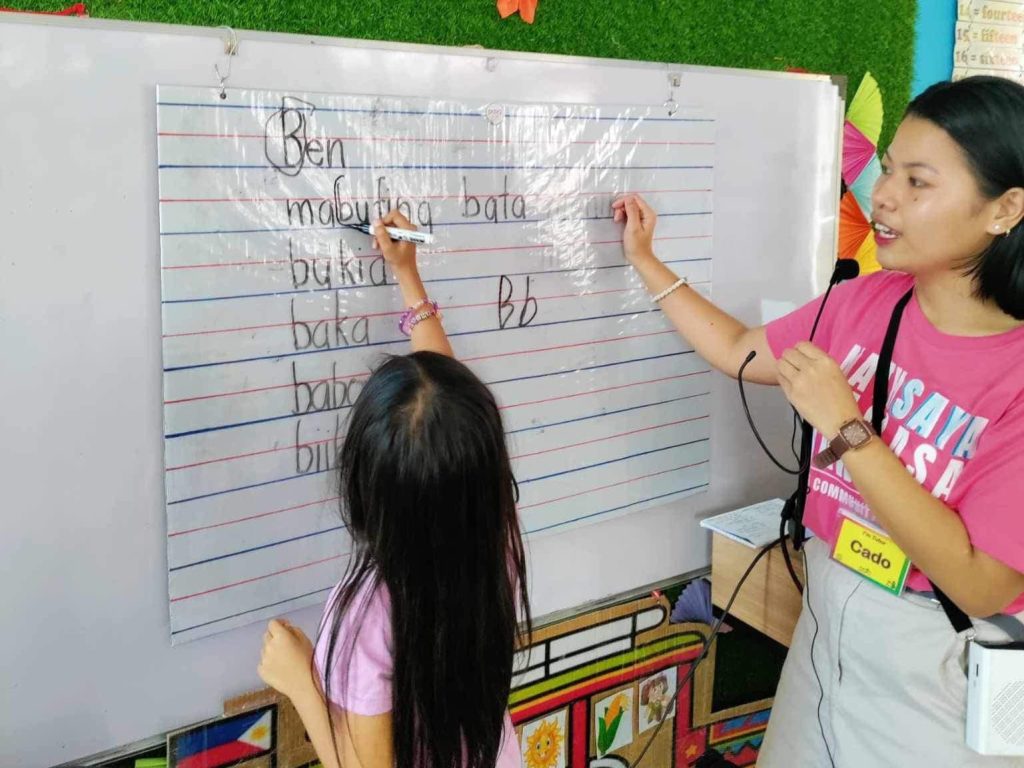
But beyond numbers, its impact is best seen in stories: children, including some on the autism spectrum, who once struggled with letters are now proudly finishing the literacy program. “Stories like these tell us the program is effective,” says Mario Galvez, Special Assistant at the Pasig City Mayor’s Office.
Part of what makes the CLH stand out, Galvez explains, is that it doesn’t try to duplicate what schools already provide. Instead, it offers something the formal system rarely can: one-on-one or small-group tutoring on Saturdays, where a child receives focused attention from a volunteer tutor. Parents also recognize its value. By his estimate, a child enrolled in the program receives nearly ₱10,000 worth of services—personalized tutoring, meals, and partner-provided giveaways, at no cost.
The program’s sustainability is largely due to the active support of the Pasig local government. The LGU funds the hub, helps secure private partners, and ensures resources like snacks for both learners and volunteers. Galvez encourages schools to welcome such partnerships: “The LGU can connect them to organizations that want to help. It may not be traditional, but it makes learning more fun and engaging.”
Another vital element is the pool of volunteers who give their time to teach and mentor. Galvez calls it an “underappreciated strategy” with untapped potential. “There are so many talented and willing people out there. Sayang if we don’t maximize that energy.”
Through their guidance, children not only develop reading skills but also overcome their fear of learning. “We can take away their fear and lift them to a place where learning is fun and helpful for them,” Galvez says.
From an improvised response during the pandemic to a city-backed initiative, the Pasig CLH demonstrates what’s possible when communities and local governments work hand in hand. Beyond teaching children to read, it offers a model that other cities and schools can adapt and replicate, especially with youth and volunteers ready to contribute. As Mario puts it: “At the end of the day, it really takes a village to help a child read.”
Learn more about Bayan Ko, Titser Ko Program: https://www.angatbuhay.ph/bayan-ko-titser-ko-a-bayanihan-approach-to-uplifting-filipino-literacy/
